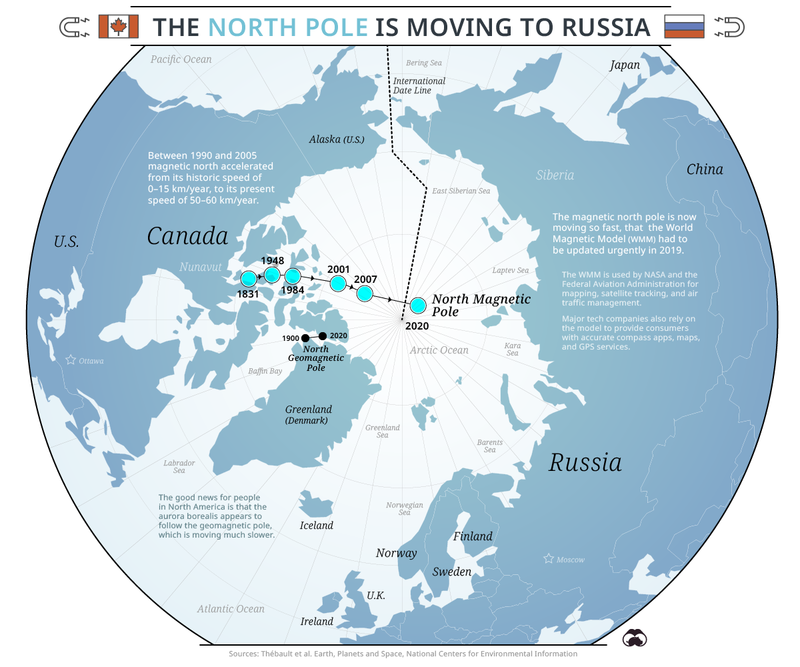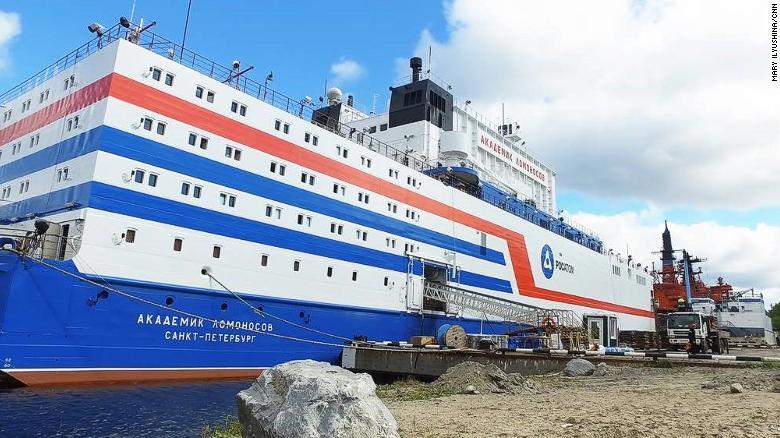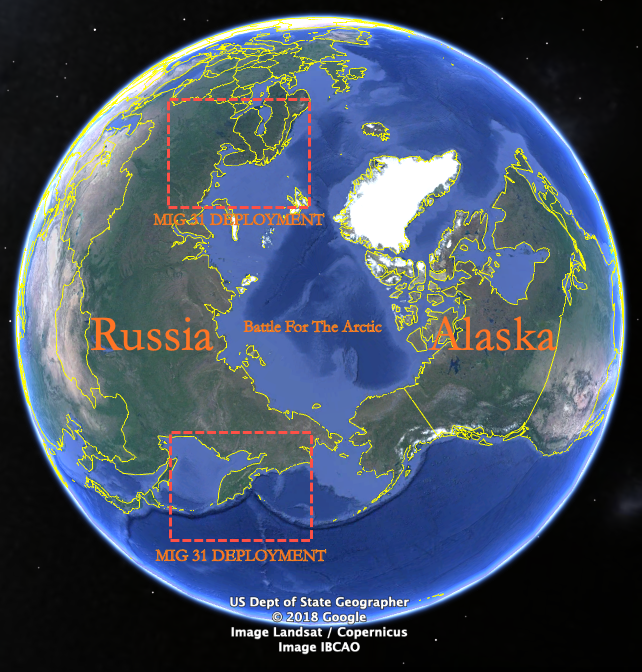You better look fast at the north pole before the Russians fence it off from tourists LOL. Until it completely flips polarity it will be on Russian territory. 

https://www.zerohedge.com/geopolitical/santas-new-home-north-pole-moving-russia


https://www.zerohedge.com/geopolitical/santas-new-home-north-pole-moving-russia












